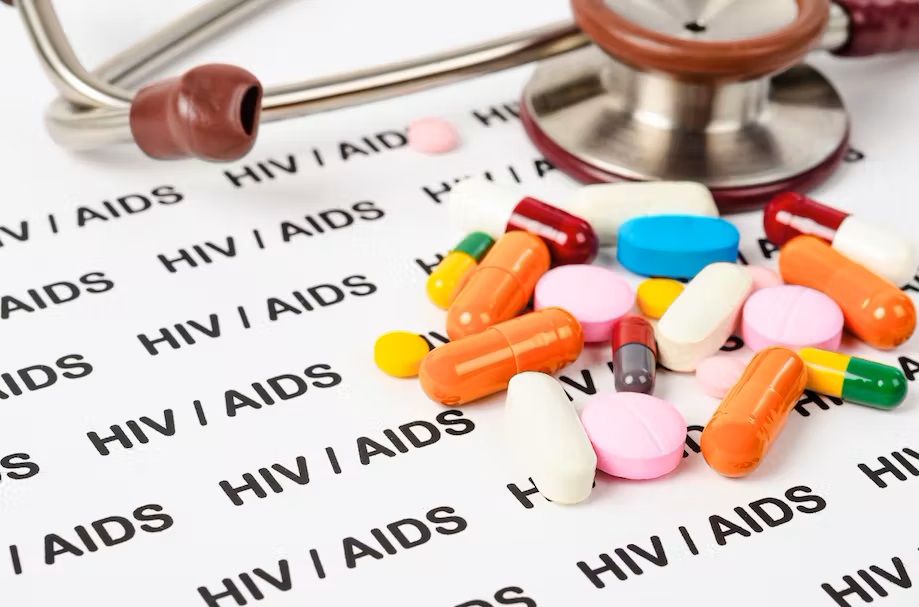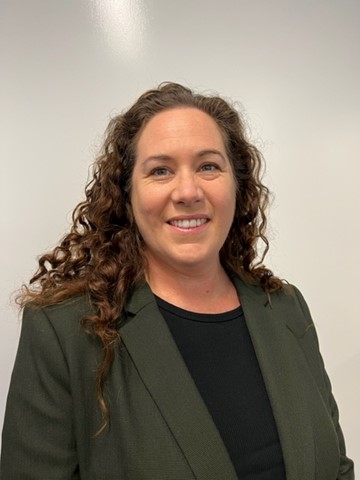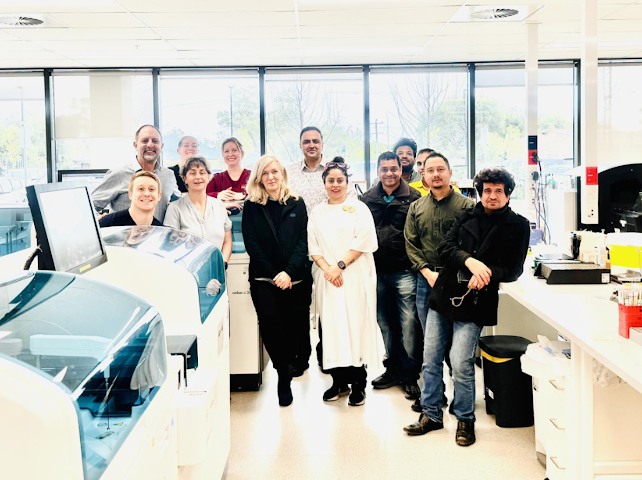Media Contact

In an Australian first, NSW Health Pathology is pioneering the use of whole genome sequencing to more efficiently match people living with HIV with the antiviral drugs most likely to slow or halt the progress of the potentially life-threatening disease.
The updated assay developed by Professor Sebastiaan van Hal, a microbiologist credentialled in pathogen genomics at NSWHP’s Royal Prince Alfred lab, identifies which particular HIV strain the patient has and the strain’s likely response to every HIV antiviral drug on the market.
Armed with the results of this one powerful genomic test, doctors will know which antiviral drug will be most effective in fighting the patient’s HIV infection, and which medications may do little to slow the virus’ progression.
The updated assay, developed with the assistance of NSW Health Pathology scientists Thomas Le and Frances Jenkins, is a game changer in HIV treatment. It has effectively future-proofed HIV antiviral resistance testing and given clinicians the information they need to provide more timely, targeted antiviral therapy for Australians living with HIV.
Professor van Hal said he embarked on accreditation of the assay after spending six months in Oxford, England learning sequencing analysis of pathogens.
“When I came home I saw an opportunity to put my new knowledge into practice and streamline what has traditionally been a cumbersome process for identifying antiviral resistance,” Prof van Hal said.
“It’s exciting to know this is an Australian first using whole genome sequencing technology to test and report drug resistance in a virus.”
Professor van Hal explains the technology and methodology has come a long way since it came to Australia in the 1980s.
“In the early days, Sanger-based sequencing tested just two of the virus’ genes for resistance against the very limited number of antiviral drugs on the market at that time,” Professor van Hal explained.
“As a whole new class of antivirals was developed and introduced to the market, clinicians turned to ad hoc, bespoke sequencing to understand the virus’ resistance to them.”
The advent of newer technologies, such as Next-Generation Sequencing (NGS), has rapidly advanced genomics. In the field of pathogen genomics, the value of this technology was quickly realised with its application for whole genome sequencing of viruses and bacteria, including those resistant to first-line antibiotics such as the life-threatening Staphylococcus and SARS-CoV‑2.
Now, with Professor van Hal’s leadership, two years in validation, verification against World Health Organisation guidelines and NATA accreditation, HIV has been added to the list.
Professor van Hal ran the first of what he predicts will be a small but steady stream of requests in October 2022.
Thankfully, the low incidence of HIV transmission in Australia today, achieved through strong proactive public health efforts, means the assay will be a niche, but crucial, product in the pathology landscape.












